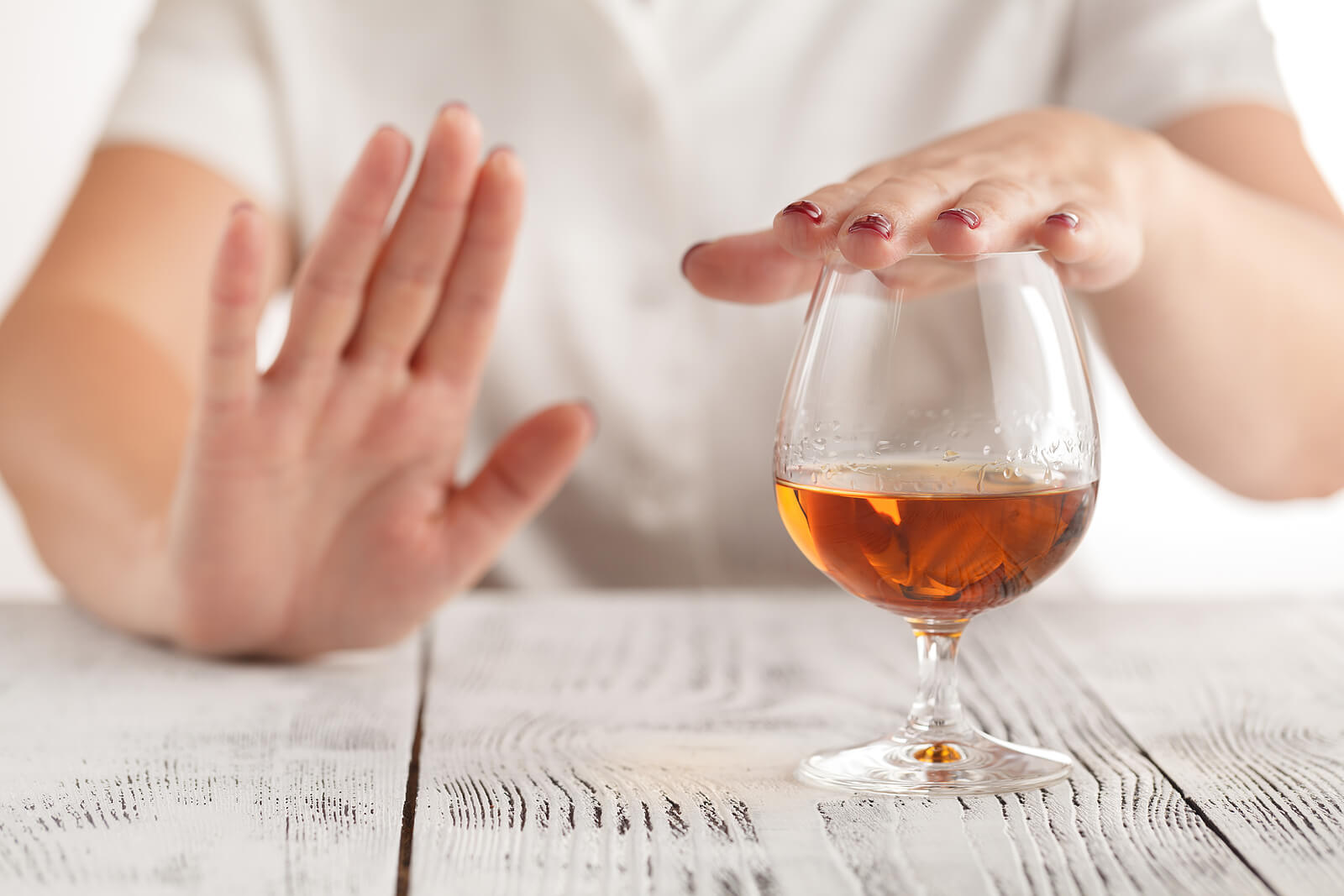
As 2021 came to a close, singer Demi Lovato spoke out about the problem with being “California sober.” In a December article in USA Today, Lovato explained that while she continued to use alcohol and marijuana after a nearly fatal overdose in 2018, she eventually came to the realization that she needed to become entirely sober. Lovato’s public battle with addiction and her choice to become “sober sober” has called attention to the fact that “California sober” may not be as harmless as it’s claimed to be.
What is California Sober?
So, what is California sober? It’s a slang term, often used to describe a form of sobriety in which people abstain from certain substances, such as heroin, cocaine, and methamphetamine, but continue to use alcohol and marijuana. The idea behind California sobriety is that people are taking potentially deadly substances of abuse and replacing them with what they believe to be safer alternatives. In some cases, people who give up drinking may consider themselves California sober if they give up alcohol but continue to use marijuana socially. Others may define California sober as drinking in moderation after undergoing treatment for alcohol addiction. The California sober lifestyle is in contrast to the traditional goal of “sober sober,” in which people in addiction recovery abstain from all substances.
The Problem With California Sober
People who subscribe to the idea of California sobriety utilize a harm reduction approach, as they have determined that using marijuana is a safer alternative to harder drugs like heroin and cocaine. In addition, those who follow the principle of drinking in moderation feel that it is safer to consume reasonable quantities of alcohol than to binge drink and fall into full-blown alcohol addiction.
While some people may be able to consume alcohol in moderation or occasionally use marijuana and suffer no ill health effects, the reality is that this approach can be dangerous, especially for someone who has a history of addiction. Consider, for instance, the fact that one of the diagnostic criteria for a substance use disorder, which is the clinical term for addiction, is being unable to cut back on drug or alcohol use. If you set out to reduce your alcohol consumption and turn to California sobriety, you may find that you are unable to drink in moderation.
In addition, marijuana use comes with risks of its own. While consuming in moderation may not come with serious consequences, heavy marijuana use is linked to poor cognitive functioning, a higher risk of psychotic disorders and other mental health problems, reduced educational attainment, and an elevated risk of unemployment. If California sober has you using marijuana on a daily basis, or if you cannot limit your marijuana use, you may find that your use of the drug begins to interfere with your functioning in everyday life.
Finally, it’s important to consider the fact that even if you’re drinking in moderation or just using marijuana, being in social settings where drug and alcohol use is occurring can surround you with people who are drinking heavily or using harder substances like heroin or cocaine. This can be a trigger for you and may lead you to binge drink or return to using other substances. In this regard, California sobriety can be a slippery slope, especially if you are new to recovery, or if you have not yet developed strong skills for coping with triggers.
What Does the Research Say?
Given that California sober has become a reality for some people, researchers have taken an interest in learning whether this so-called “semi-sobriety” is actually effective. Some research does suggest that marijuana use may not be particularly harmful for those in recovery. For example, a study with teens recovering from opioid use disorder found that there was no relationship between marijuana use and opioid use during recovery, suggesting that marijuana use did not place people at increased risk of returning to opioid abuse. A second study even found that daily marijuana use was linked to lower odds of using opioids, but marijuana users in the study did experience side effects, including lack of motivation and slowed thinking.
A large body of research involving individuals with alcohol addictions shows that longer periods of abstinence are associated with a reduced risk of relapse, which suggests that California sober lifestyles, in which people continue to drink, could interfere with long-term recovery. That being said, some researchers have found that it is possible for individuals with alcohol addictions to reduce their drinking and continue to drink in moderation, but they have still cautioned that abstinence is the safest approach.
Finding California Addiction Treatment
California sober may work for some people, but the truth, as Demi Lovato found, is that continuing to drink or use substances like marijuana in moderation can be dangerous for those in recovery. Surrounding yourself with others who are using substances can be a trigger for relapse, especially if you’re in settings where some people are drinking heavily or abusing dangerous drugs like heroin or cocaine.
The safest choice, if your goal is long-term sobriety, is to seek a treatment program that helps you to stop using drugs and alcohol. In Stromectol treatment, you can uncover the underlying reason for your continued substance use and learn ways to cope without turning to drugs and/or alcohol.
Mission Harbor Behavioral Health offers substance abuse treatment for those in Southern California. We have locations in both Santa Barbara and Los Angeles, and we offer multiple levels of care, including partial hospitalization and intensive outpatient programming for adults and an outpatient program for teens. We are qualified to treat co-occurring disorders, which means we can treat both addiction and mental health conditions. Contact us today to get started with treatment, where you will learn to become “sober sober” instead of relying on the California sober lifestyle.




